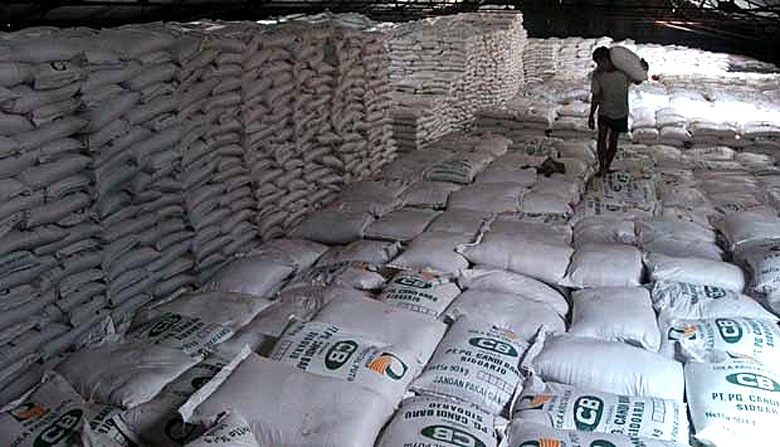Popular Reads
Top Results
Can't find what you're looking for?
View all search resultsPopular Reads
Top Results
Can't find what you're looking for?
View all search resultsIndonesia to be sugar self-sufficient by 2019: Expert
Change text size
Gift Premium Articles
to Anyone
T
he country is predicted to continue importing sugar until 2019 because of the ongoing revitalization of sugar factories owned by state-owned sugar company PT Perkebunan Nusantara, which is expected to be completed within two years, an expert has said.
The revitalization process of several factories had been completed, but they could only produce 50 percent of their capacity because the country’s sugarcane farms were still in the process of expansion, said Purwono of the Bogor Institute of Agriculture (IPB) as reported by tempo.co.
“We need two years for the improvement and revitalization of [current] sugar companies and the establishment of new ones,” he said, adding that the state-sugar owned company dominated the supply for domestic sugar consumption.
(Read also: Household sugar imports reach 1.1 million tons in 2016: Farmers)
The national sugar supply was sufficient for early 2017 after an additional 600,000 tons had been imported last year. However, later this year the deficit could reach 500,000 tons, he added.
The large sugar deficit was being caused by the decreasing production of state-owned firms, Purwono went on, adding that the firm owned by PTPN IX halted operations last year because its factory needed repairs.
Purwono estimated that after the state-owned company had been revitalized, national sugar production would reach 3 million to 3.2 million tons by 2019, which would meet domestic consumption of 235,000 tons per month. (bbn)










